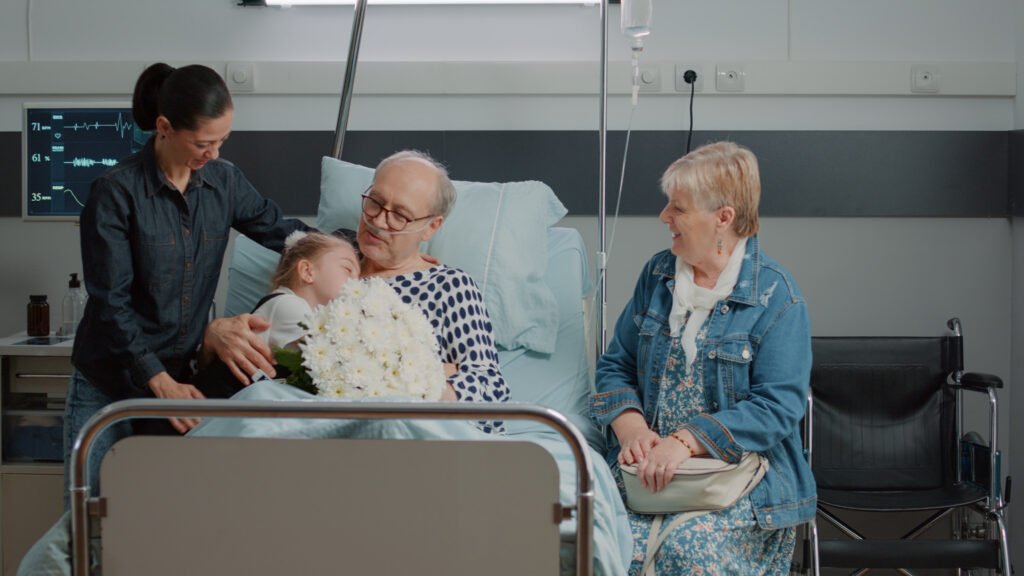- Lake View Nursing Home
- 244 Longton Road Stoke on Trent, ST4 8JD
Nursing care is a type of healthcare that focuses on providing care and support for patients in order to help them recover from illness or injury, maintain their overall health, and improve their quality of life. It involves monitoring and assessing patients’ physical and mental health, developing and implementing care plans, providing education and support to patients and families, and advocating for patients’ rights. Nurses provide care in a variety of settings, including hospitals, community clinics, long term care facilities, and home health care settings. They use a variety of techniques, such as patient assessment, medication administration, wound care, and patient education, to deliver comprehensive and compassionate care. Nursing care is an essential part of the health care system, and nurses are an integral part of any health care team.

Respite care is a form of short–term care that provides temporary relief to those who are providing care to a family member or loved one. It can involve either in–home care, day care, overnight care, or even a short break away from the person being cared for. The goal of respite care is to provide a break for the caregiver in order to reduce stress, provide a chance to rest, and improve the quality of care that the caregiver can provide.

Palliative care is a type of medical care that focuses on providing relief from the symptoms, pain, and stress of a serious illness. It is an approach to care that is patient and family centered and seeks to improve quality of life for the patient by providing physical, psychological, social, and spiritual support. Palliative care is applicable early in the course of illness, in conjunction with other treatments and even at the end of life. The goal is to improve the patient‘s quality of life and help them live as comfortably and as fully as possible.

End–of–life care is a broad term which refers to the medical and personal care given to a person during the last phase of life. End–of–life care involves the physical, psychological, spiritual, and social needs of a person and their family. Examples of end–of–life care include symptom management, pain relief, decisions about treatments, spiritual care, and support for the family. End–of–life care is often provided in a hospice setting, such as a home, hospital, or other facility. The goal of end–of–life care is to provide comfort and dignity to the patient and to help the family through the difficult process of saying goodbye.
